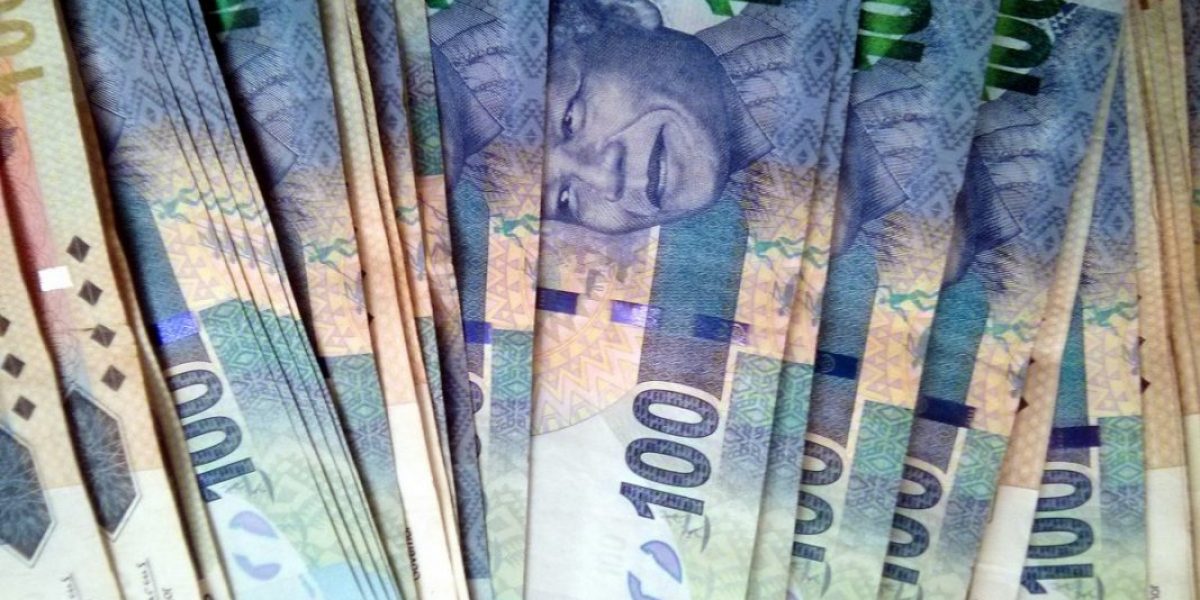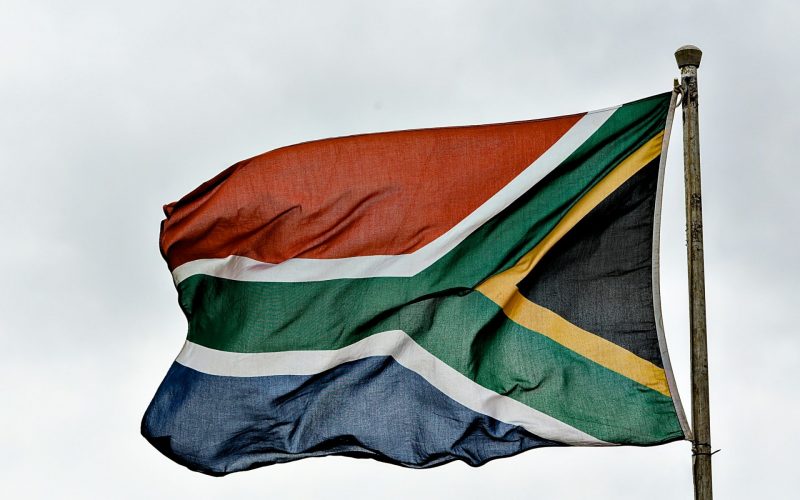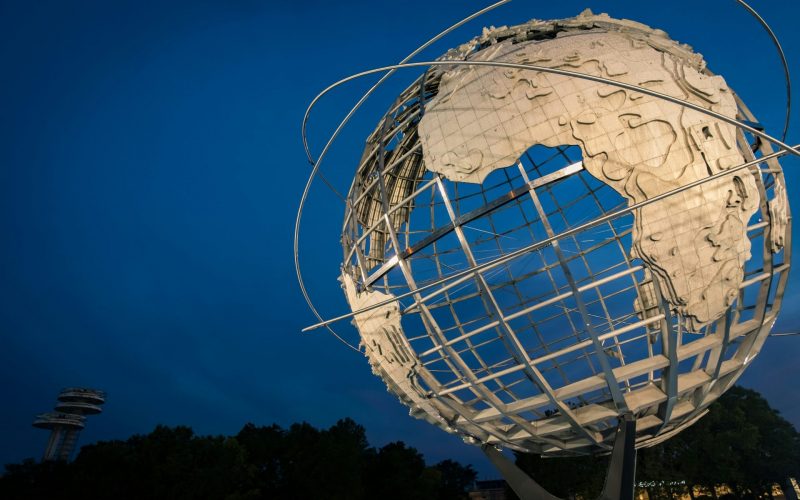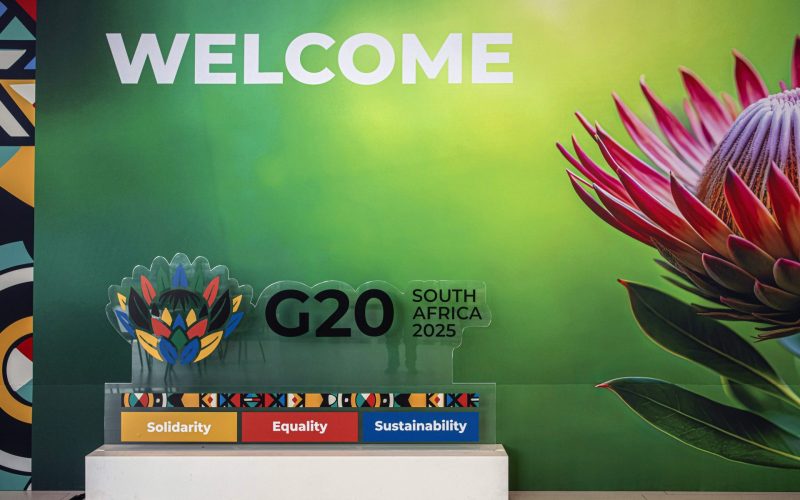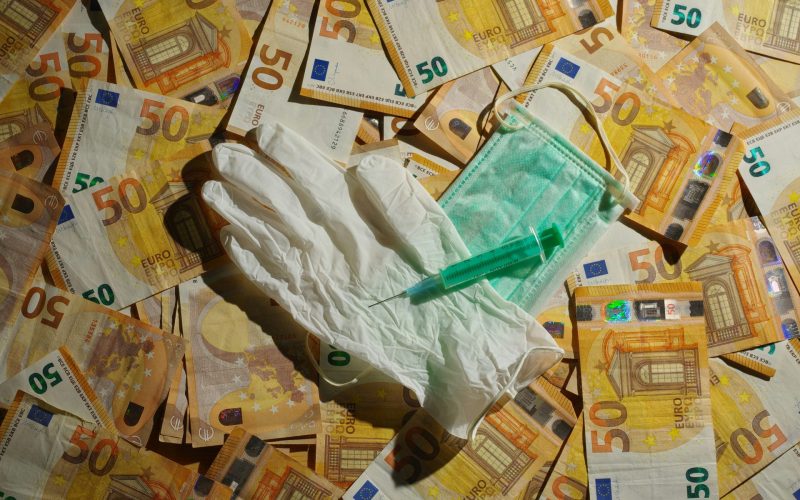Ranging from descriptions of the pledge as a gift or donation to statements that South Africa was bailing out the EU, most of the headlines and the stories fell short on the facts and didn’t show much understanding of the economics behind the pledge.
Worse still, the fact of the ‘pledge’ was largely ignored and, from the public debate, one got the definite impression of a South Africa punching above its weight to donate money to save an embattled Europe at the expense of many other domestic priorities the country is facing, such as poverty and unemployment. Some questioned the wisdom of South Africa contributing towards keeping the EU rich while we get poorer. With all the alarmist headlines, the average South African is left baffled as to why the government had made such a commitment.
The answer is simple. The starting point is to recognise that this is a pledge, a mere commitment or guarantee that, should the need ever arise, then the money will be drawn upon by whatever country needs it. The IMF does have resources but there is need to buffer these, particularly with the threat of the Eurozone crisis spilling over into the rest of the world. The additional resources are essentially a buffer against such a possibility. No monies have been given out as yet and they might not even be eventually. In any case, should the money be used in the future, then it is a loan to the IMF and the country will bear returns on it.
Of course, while the resources will be for the benefit of any IMF member in distress, in any region, the reality that cannot be escaped is that it is Europe that is currently in dire straits. It is likely that Europe could be among the first countries to draw from the fund. Be that as it may, South Africa’s contribution, together with the contribution of the other BRICS members, is in recognition of the systemic nature of the Eurozone crisis and the threat to global financial stability. South Africa cannot afford to have Europe’s financial and economic system collapse as this would have adverse implications for the country. It is an unfortunate reality that a downturn in Europe’s economic fortunes also spells a downturn for South Africa’s growth prospects. Europe still remains South Africa’s largest trading partner as a region and it is a significant source of Foreign Direct Investment (FDI). The Eurozone crisis threatens these relationships and the pledge is therefore also an investment in South Africa’s own economic growth. The debate should therefore not be about whether South Africa can afford the pledge, but whether we can afford not to be concerned about our economy should the Eurozone crisis create another global recession.
This pledge also emphasises South Africa’s role as an important and responsible global player. In essence, it is about South Africa putting its money where its mouth is and playing its part in doing what is necessary to averting the potential global spread of the Eurozone crisis. So much energy has been spent on trying to defend South Africa’s BRICS and G20 membership but it is in situations such as these that the true mettle of South Africa’s leadership can be measured. This is certainly not a reckless move, especially considering the funds will come out of the foreign reserves and do not require any budgetary tweaking.
This presents an opportunity for South Africa and the other BRICS countries to push more rigorously for quota and governance reform of the IMF. There can certainly be no increased contributions to the IMF without an increased voice and one could argue that, unfortunate as it is, the Eurozone crisis has acted as a critical catalyst to accelerate reform in global governance structures. The expectation is that, at long last, the IMF governance and quota reform decision of 2010 will be implemented. For South Africa, the commitment is probably tied to the hope that they can secure their request that Sub-Saharan Africa get one of the two seats on the IMF given up by Europe as part of the reform process.
In conclusion, South Africa’s decision to pledge US$2 billion should be applauded as a bold move that asserts its global standing. The country can only be taken more seriously on global economic governance issues going forward, cementing its membership of both the BRICS and the G20.

